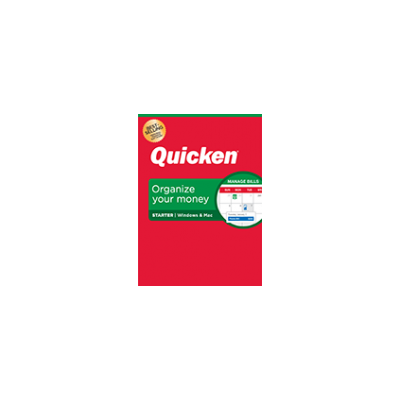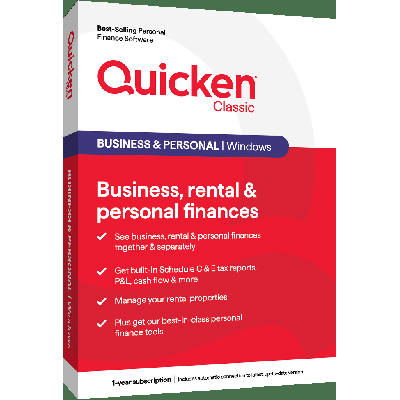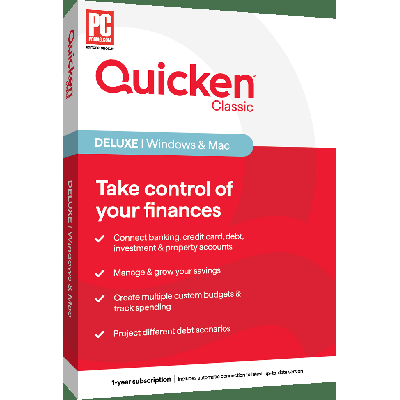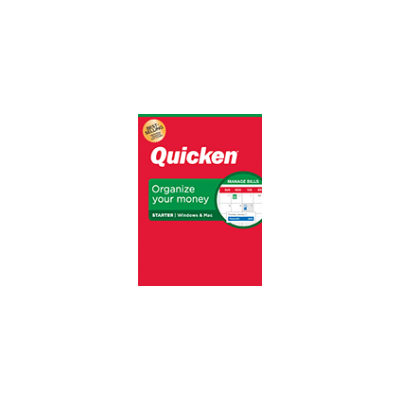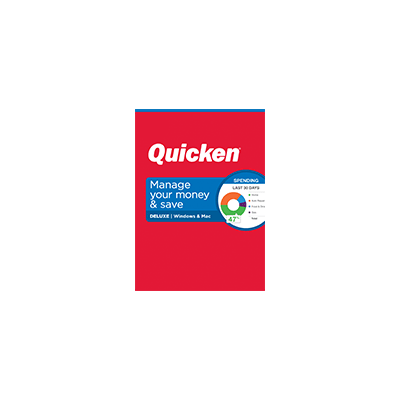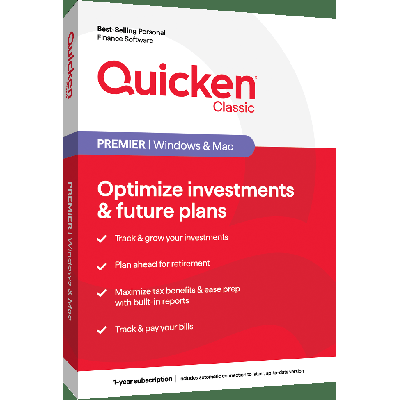debt consolidation loans
What is debt consolidation?
Debt consolidation means taking out one new loan large enough to repay some or all of your outstanding debt. You get the money, pay off your accounts, and then make a single monthly payment to pay off the new debt. Debt consolidation makes sense for people who want to make one payment each month instead of several, and for those who can lower the amount of interest they pay by taking the new loan. You can figure out how long it will take to pay off your debt using a debt payoff calculator like this one from CNN Money. It’s a great tool to see just how many years it takes to pay off debt, especially high interest credit card debt on which you make a small minimum monthly payment.
What is the Best Way to Consolidate Debt?
The best way to consolidate debt varies by individual, depending on your financial circumstances and preferences. For some, the best way to consolidate debt may be paying off smaller balances first and then adding those payments to the bigger bills until those are paid off. Others might consider transferring balances to one credit card or getting a consolidation loan. However, consolidating balances to one credit card or using a loan can be risky because, if you need to borrow additional money, it may be tempting to use one of the accounts with a zero balance. Then the debt grows, and you can find yourself in financial trouble quickly.
You can avoid falling into debt before it happens, however. Here are some tips to achieve this:
-
Keep balances low to avoid additional interest, and pay bills on time.
-
It’s OK to have credit cards, but manage them responsibly. This maintains a history on your credit report. Those who have no history of credit cards are considered bigger credit risks.
-
Avoid moving around debt with a credit consolidation loan. Instead, pay it off.
-
Don’t open several new credit cards to increase your available credit. You run the risk of accumulating more debt, which you may not be able to repay.
Despite anyone’s diligence in managing their money wisely, sometimes financial hardships happen because of a job loss, medical condition, divorce, or other life events. If you have problems making ends meet, contact your creditors or a legitimate non-profit agency that specializes in credit counseling services for assistance. Do this as soon as possible to see how consolidated debt can help relief the burden of financial stresses. The longer you wait, the more challenges you’ll encounter. Consolidating debt is often your best alternative in these situations, and a counselor can help you with the process.
How to get out of debt fast?
If you want to pay off debt fast, the best way is a two-pronged approach:
-
Make changes in your budget (earn more, spend less) so that you can afford to pay more toward the debt every month
-
Reduce the cost of the debt so that a greater portion of each payment can be applied to the principal balance
How to pay off credit card debt?
You can get rid of credit card debt in several different ways. Debt consolidation loans are one way. You can also take out a home equity loan (or a cash-out refinance) from your mortgage lender, or you can open a new credit card and transfer the balances over. The latter might come with a zero percent introductory interest rate, giving you several months or more to pay down your balance interest-free. The best debt consolidation solution is one that simplifies your financial life or lowers your cost of debt, or both. If you’re already struggling to make your debt payments or your credit cards are maxed out, you may not qualify for a zero percent credit card balance transfer offer. Bad credit debt consolidation loans are available from some lenders but they are costly. They may simplify your payment without significantly lowering your cost of debt. A great way to consolidate debt, especially if you have bad credit, is to enroll in a debt management program, which we’ll discuss in a moment. One of the biggest pitfalls of debt consolidation is the risk of running up new debt before the consolidated debt is paid off. When you finish paying off credit cards with a consolidation loan, don’t be tempted to use the credit cards with their newly
credit limits. If you think you might, close the accounts. You may have heard that doing so could hurt your credit score, and it might. But you can recover from credit score damage much more easily and quickly than you can recover from crushing debt.
Tips To Consolidating Debt
Check Your Credit Reports & Scores
One of the first things you’ll want to do is check your credit reports for accuracy. An error on any of your credit reports could prevent you from qualifying for the debt consolidation help you need, so if you find an error, dispute it. You can get your annual credit report from each of the three major credit reporting agencies — TransUnion, Equifax and Experian. And, Credit.com’s credit report summary can help you understand what’s inside your credit report. It also provides you with two credit scores. Once you know where your credit stands, you’ll have most of the information you’ll need to help you decide what credit card debt consolidation plan should work best for you.
Don’t Forget About Your Credit Scores
Credit card consolidation can affect your credit in many ways, depending on which strategy you choose. For example, if you’re consolidating multiple balances onto one card, you’ll want to avoid maxing out that card’s credit limit, because that will hurt your credit utilization rate (how much debt you’re carrying compared to your total credit limit). You also may not want to close your old credit cards, as this can potentially ding your scores as well. By keeping your old credit cards open, you will not lower your credit utilization. Your credit utilization counts toward 30% of your credit score, and that’s why it’s important to keep that ratio low — under 30% and, optimally, less than 10% of your credit limits, overall and on individual cards.
Commit to the Plan
Transferring credit card balances, paying off credit cards with a personal loan or enrolling in a debt management plan is only the beginning of credit card debt consolidation. For it to truly help you get out of debt, you have to stick to the plan, whether that’s paying off your credit card balance within a 12-month promotional financing period or making sure you make payments as agreed for the entire five-year loan term







